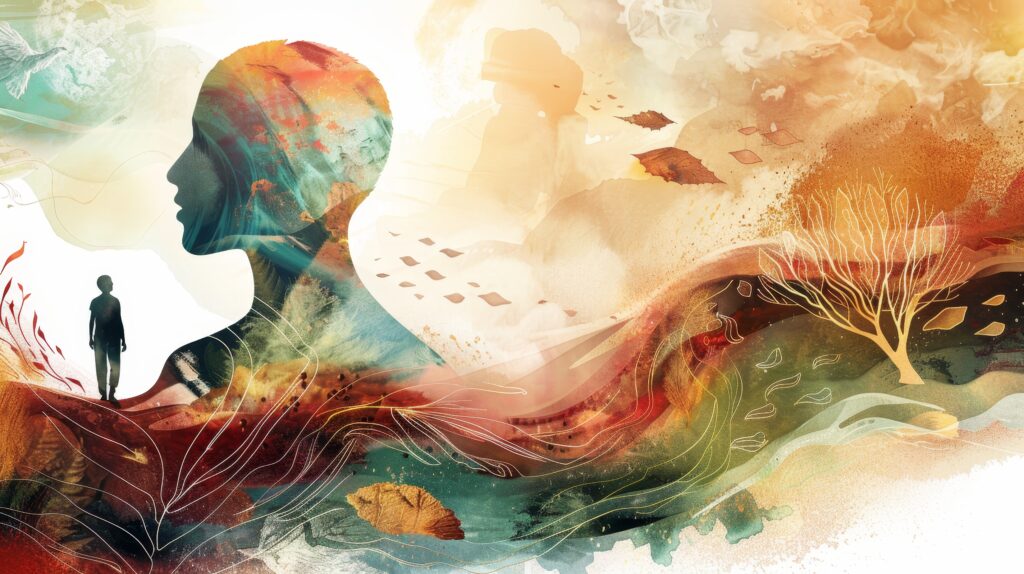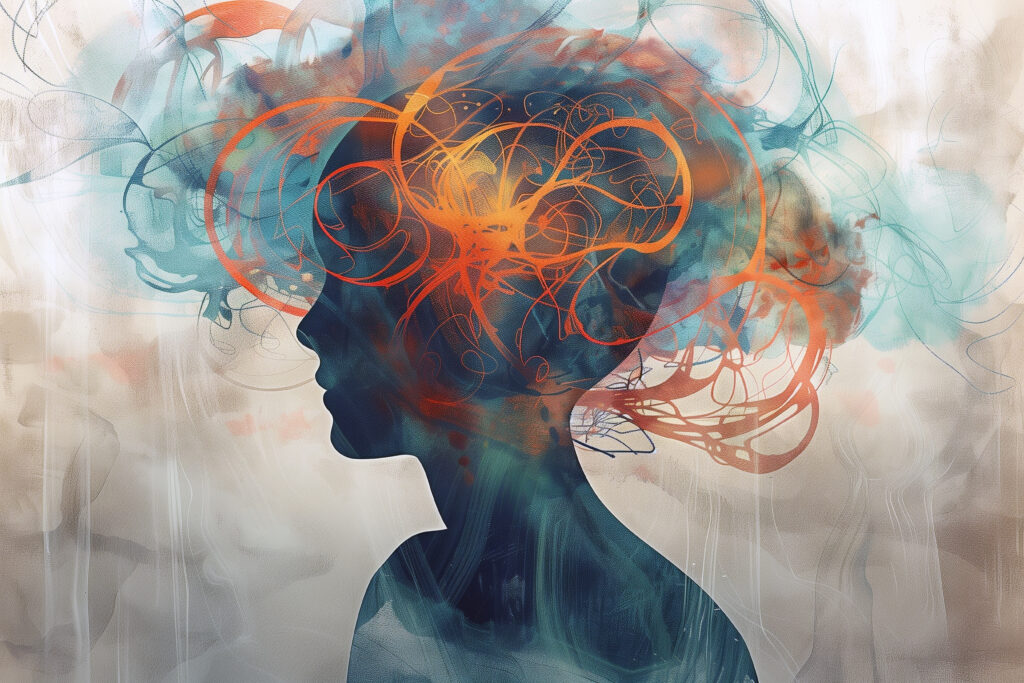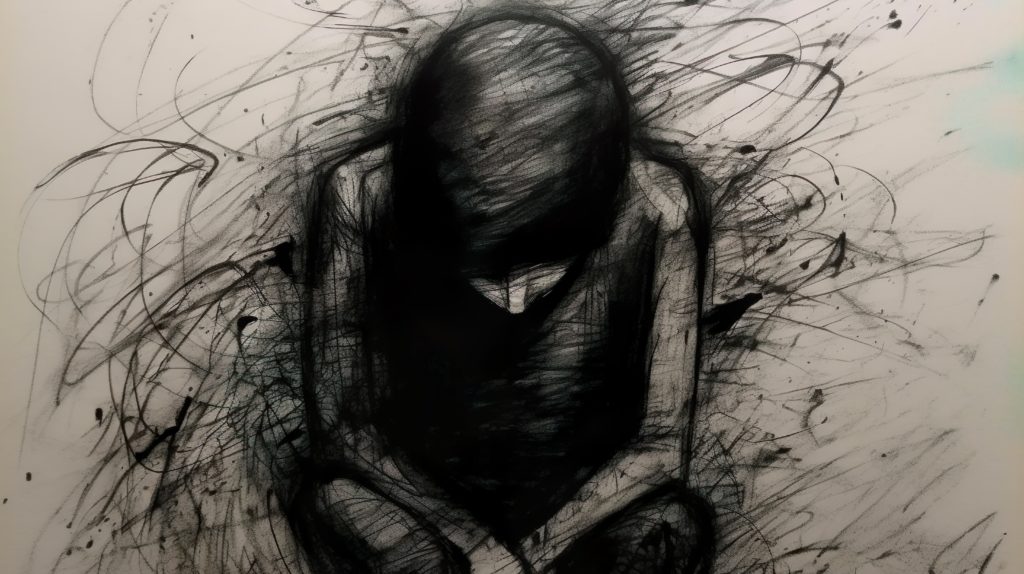Although we know that cannabis provides life-saving medication to many people who suffer from symptoms of post-traumatic stress disorder (PTSD), we don’t really know why. We do know that it has something to do with its ability to create a feeling of “restored self.” However, what does this actually mean, and why does the self need to be “restored?” How is it possible to “lose” the self, and where does it go?

Part of the reason why it’s hard to take seriously the notion of a “restored self” as a medical benefit of cannabinoid therapy is because we tend to think about PTSD as a pathology of memory that can be cured with the right therapist or strain of weed.
However, in the past decade or so researchers have confirmed Freud’s hypothesis that the symptoms of PTSD are caused by a brain injury from an excessive amount of force that short circuits neural wires that normally act like circuit breakers. This dysfunctional neural wiring still produces “sparks” of excitation that disrupt and perpetually threaten to destroy the coordination between neural networks.

Although our symptoms are usually judged as defects of character, we can feel the injury of burnt out neurons in the discrepancy between awareness of what triggers us and the ability to heal. Of course, there are differences in type and severity of traumatic injury. This is conveyed with the medical distinction between trauma and “complex trauma” (cPTSD), suffered from the everyday, abusive conditions of one’s childhood.
This latter type is woven into the fabric of mental life because when you suffer injuries from violence during a childhood defined by fear, your central nervous system hijacks what could have been you in order to remain hypervigilant about hidden, possible threats. This is a life of survival that forecloses agency, and it feels like being condemned to a broken timeline in which everything has always been out of joint, I’m removed from myself, and it’s impossible to know why.

Similarly, the psychic wounds suffered from generational trauma are a painful reminder that a genocide killed the family I could have had.
I have found that cannabis facilitates the ability to set aside danger alerts sounding from my brain in order to restore my mind, or my ability to choose what I want to think about. It’s not just a matter of being able to “relax,” but being able to relate to my past as something past so that I can do more than suffer from its reenactment and the intrusive thoughts that haunt every moment of my waking and sleeping life.

It’s not accurate to say that cannabis helps me forget the past, nor does it heal my brain injury. It’s more apt to say that it restores the possibility of a timeline in which the past does not overdetermine the present and foreclose the future. In this sense, the feeling of a “restored self” coincides with greater control over the mind to consider what I could be and what I could do, released from unrelenting anxiety about what I must do in order to survive.
When I don’t consume cannabis, my self is “lost” to my brain injury and a central nervous system primed to fight, flee or freeze at any moment. There is promise in the ability of psilocybin to disrupt the brain’s “default mode network” and facilitate the growth of new neurons to repair the injury that removes me from myself. Until I take that journey, cannabis will continue to be my life’s companion that restores myself to a timeline with the possibility of a new day.

In order to stay connected with the Canna-Jewish community, sign up to receive The Canna Jewish News delivered right to your inbox. To learn more about the role of cannabis in the Jewish tradition, check out our new online course The Jewish Relation to Cannabis, sold with the Yeshiva Subscription to Cannabis Jew Magazine.







